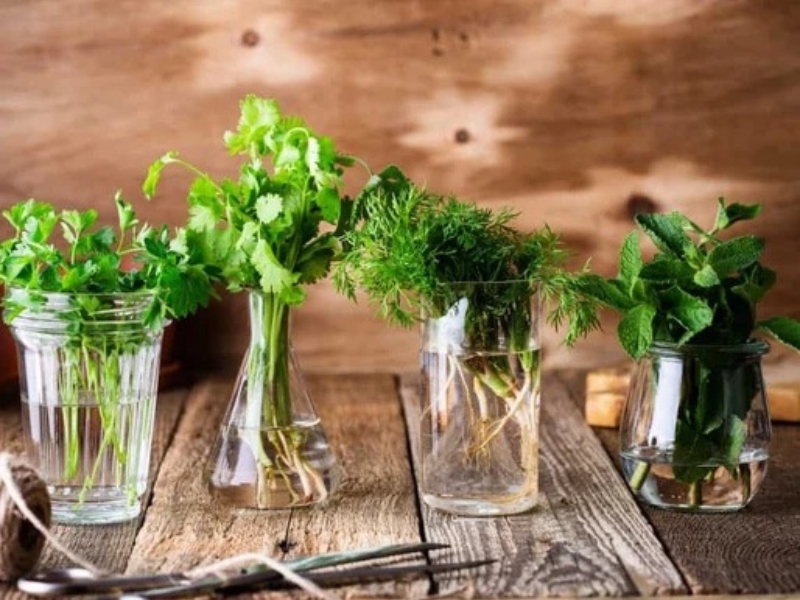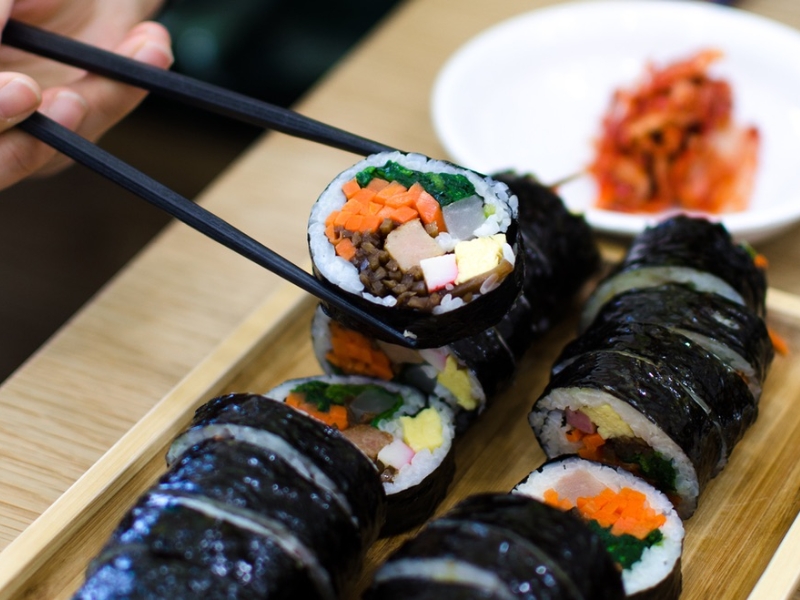How to avoid Xenoestrogens
Xenoestrogens are a synthetic endocrine-disrupting compounds that imitate estrogen in the body.
Because of their strong estrogenic action in the human body, they can cause a whole host of problems with the female reproductive system. These include tender breasts, heavy period, painful periods, endometriosis and fibroids in women. In men, xenoestrogen exposure can cause low libido, low sperm count or infertility.
Here are my top 7 tips for reducing your Xenoestrogen exposure!

1. Switch to hormone-free meat and organic dairy products
Commercially-raised dairy and meat products in your regular supermarket are usually full of growth hormones and antibiotics.
2. Eat local and organic
Similar to commercially-grown meat and dairy products, commercially-produced fruits and vegetables are laced heavily with pesticides. Some pesticides area rich source of xenoestrogens.
3. Use fragrance-free beauty products made from natural ingredients
Some fragrances mimic oestrogen in our bodies.
4. Rethink your household cleaning agents
Items like scented laundry detergent, fabric softener, dryer sheets, scented dish soap and the many cleaning products that contain bleach and other harsh chemical agents that we use to clean our homes, all contain oestrogen-mimicking chemicals.
5. Skip birth control pills
Hormonal contraceptives can cause havoc to body’s natural balance. In fact, hormonal birth control is the most potent source of xenoestrogens. If possible, consider intrauterine contraceptives if you can. These are secreted locally and cause less systemic side effects. Or choose to go without hormonal birth control altogether! Check out my blog all about how to avoid pregnancy naturally and without chemicals!
6. Avoid using plastic containers
Plastic contains bisphenol A (BPA), a chemical that displays hormone-like effects on the body and has been associated with breast cancer.
One easy way to reduce your exposure to BPA is to limit your use of plastics and avoid heating foods in plastic containers, as heat causes BPA to further leach into your food.
Change your bottles and containers to non-plastic ones as a start. Also, canned food should be avoided, as tins are often coated with BPA.
7. Avoid hot liquids in styrofoam cups or takeaway coffee cups.
Unfortunately, these cups leach estrogen-like chemicals.







